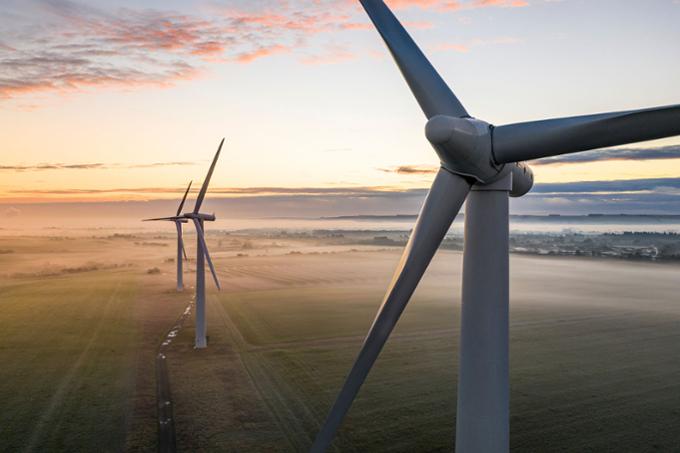Energy Systems Engineering
What is Energy Systems Engineering?
Shape your future and the future of energy in the new Energy Systems Engineering (ERSE) bachelor’s degree program at the University of Regina.
This comprehensive undergraduate program responds to the rapidly changing energy landscape and the University of Regina’s commitment to climate action. With three options to choose from, the U of R’s Energy Systems Engineering program offers you the most comprehensive energy-related curriculum available at any Canadian university. At the U of R, you can focus your energy studies and prepare for jobs that new and improving technologies will create.
Our Program
Energy Systems Engineering bachelor’s degree students can choose one of these three options, with flexibility to take courses from all areas to expand their career options:- Bachelor of Applied Science in Energy Systems Engineering, Petroleum Engineering Option
- Bachelor of Applied Science in Energy Systems Engineering, Sustainable Energy Engineering Option
- Bachelor of Applied Science in Energy Systems Engineering, Energy Transportation and Storage Option
Program Streams
Petroleum Engineering Option
Petroleum Systems Engineering analyzes, designs, and manages technologies in evaluating reserves, surface collection, and treatment facilities for oil and gas. Advanced computer utilization and automation combined with effective communications skills are integrated within the program. Techniques developed for the recovery of petroleum can be applied to the extraction of other important minerals. Petroleum System Engineers also contribute to activities such as pollution remediation and greenhouse gases control.Sustainable Energy Engineering Option
The Sustainable Energy Engineering option introduces the technologies that are committed to climate action by developing renewable energy resources, such as solar, wind, geothermal, hydro, and nuclear, etc. Sustainable energy systems generate, convert, distribute, store, and utilize energy in exhaustibly mitigating greenhouse gases emissions. The curriculum provides fundamental knowledge and hands-on experiences in designing, developing, and managing sustainable energy systems.Energy Transportation and Storage Option
The Energy Transportation and Storage option focus on knowledge development in energy distribution, conversion, and storage systems essential for sustaining the increasing energy demands. It includes piping engineering design and materials, pipeline integrity management, pressure vessel design, and energy conversion and storage materials. Machine learning for energy systems supported by advanced computer utilization and automation is integrated within the curriculum.What ERSE Students Do
Energy Systems Engineering (ERSE) is a broad category of engineering that deals with energy production, transportation, and storage in the most efficient, economical, and environmentally friendly manner. It covers conventional and unconventional forms of energy, including fossil fuels and sustainable energy resources, such as solar, wind, geothermal, hydro, and nuclear. Energy systems engineering students at the U of R can develop skills across all areas and graduate prepared to be part of the transition into the future shape of energy.
Undergraduate ERSE Labs
In the U of R’s Energy Systems Engineering program, you’ll use cutting edge-equipment and devices in our hands-on teaching and research laboratories while making close connections with dedicated instructors.
Careers for ERSE Graduates
What sort of career could you have?
Your bachelor’s degree in energy systems engineering will prepare you for a career in the changing energy sector. Here are careers that our graduates will be prepared for in each of the three options:
- Drilling engineer (Petroleum Engineering career)
- Reservoir engineer (Petroleum Engineering career)
- Production engineer (Petroleum Engineering career)
- Stimulation engineer (Petroleum Engineering career)
- Energy systems engineer (Sustainable Energy Engineering career)
- Renewable energy project engineer (Sustainable Energy Engineering career)
- Clean energy marketing analyst (Sustainable Energy Engineering career)
- Sustainability engineer (Sustainable Energy Engineering career)
- Transportation engineer (Energy Transportation and Storage career)
- Pipeline project engineer (Energy Transportation and Storage career)
- Energy storage system analyst (Energy Transportation and Storage career)
- Process engineer (Energy Transportation and Storage career)
